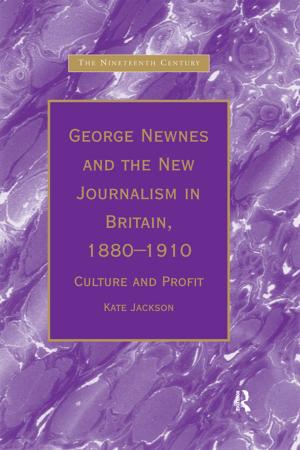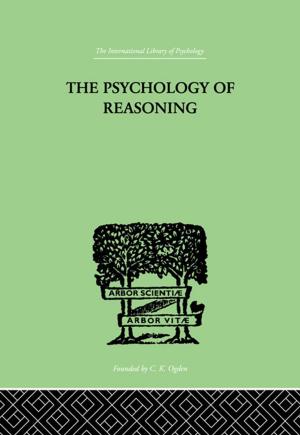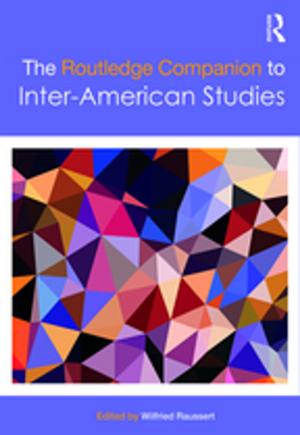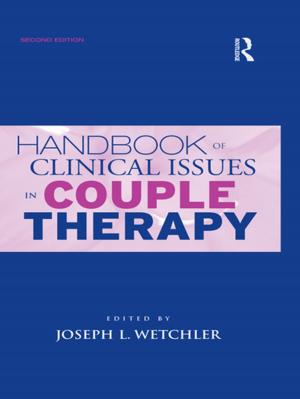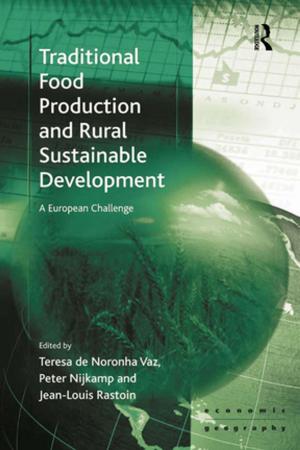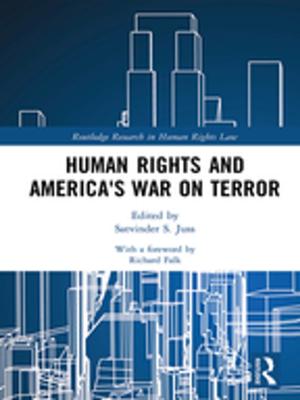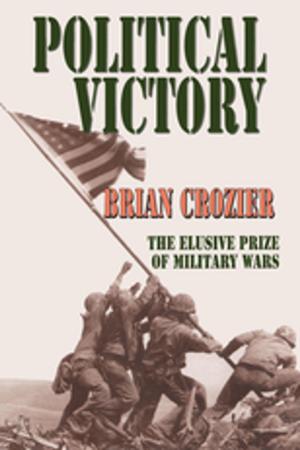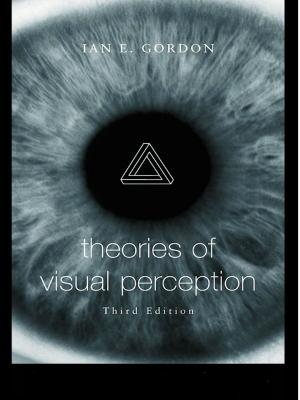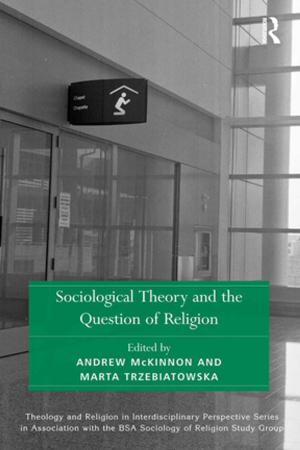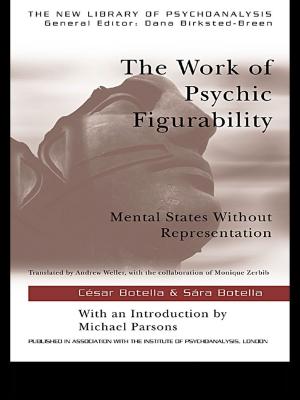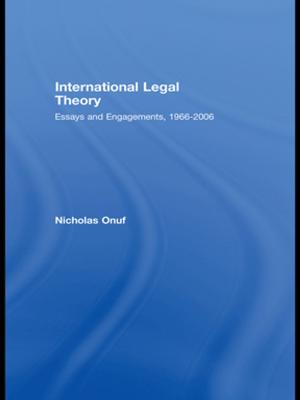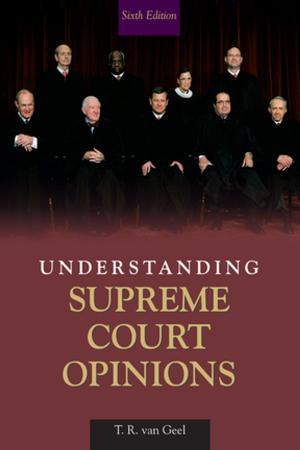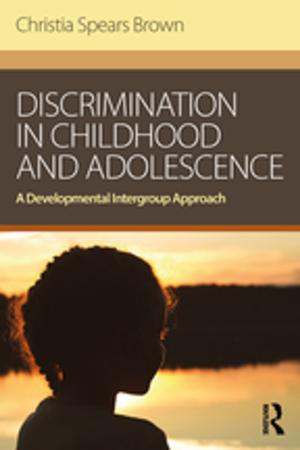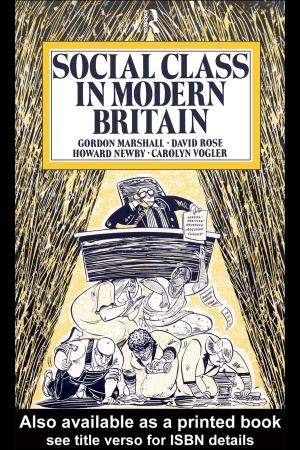| Author: | ISBN: | 9781317061472 | |
| Publisher: | Taylor and Francis | Publication: | April 8, 2016 |
| Imprint: | Routledge | Language: | English |
| Author: | |
| ISBN: | 9781317061472 |
| Publisher: | Taylor and Francis |
| Publication: | April 8, 2016 |
| Imprint: | Routledge |
| Language: | English |
Concerned with the intermingled thematic and formal preoccupations of Romantic thought and literary practice in works by twentieth-century British, Irish, and American artists, this collection examines the complicated legacy of Romanticism in twentieth-century novels, poetry, and film. Even as key twentieth-century cultural movements have tried to subvert or debunk Romantic narratives of redemptive nature, individualism, perfectibility, and the transcendence of art, the forms and modes of feeling associated with the Romantic period continue to exert a signal influence on the modern moment - both as a source of tension and as creative stimulus. As the essays here show, the exact meaning of the Romantic bequest may be bitterly contested, but it has been difficult to leave behind. The contributors take up a wide range of authors, including Virginia Woolf, F. Scott Fitzgerald, W. H. Auden, Doris Lessing, Seamus Heaney, Hart Crane, William Faulkner, Don DeLillo, and Jonathan Franzen. What emerges from this lively volume is a fuller picture of the persistence and variety of the Romantic period's influence on the twentieth-century.
Concerned with the intermingled thematic and formal preoccupations of Romantic thought and literary practice in works by twentieth-century British, Irish, and American artists, this collection examines the complicated legacy of Romanticism in twentieth-century novels, poetry, and film. Even as key twentieth-century cultural movements have tried to subvert or debunk Romantic narratives of redemptive nature, individualism, perfectibility, and the transcendence of art, the forms and modes of feeling associated with the Romantic period continue to exert a signal influence on the modern moment - both as a source of tension and as creative stimulus. As the essays here show, the exact meaning of the Romantic bequest may be bitterly contested, but it has been difficult to leave behind. The contributors take up a wide range of authors, including Virginia Woolf, F. Scott Fitzgerald, W. H. Auden, Doris Lessing, Seamus Heaney, Hart Crane, William Faulkner, Don DeLillo, and Jonathan Franzen. What emerges from this lively volume is a fuller picture of the persistence and variety of the Romantic period's influence on the twentieth-century.

